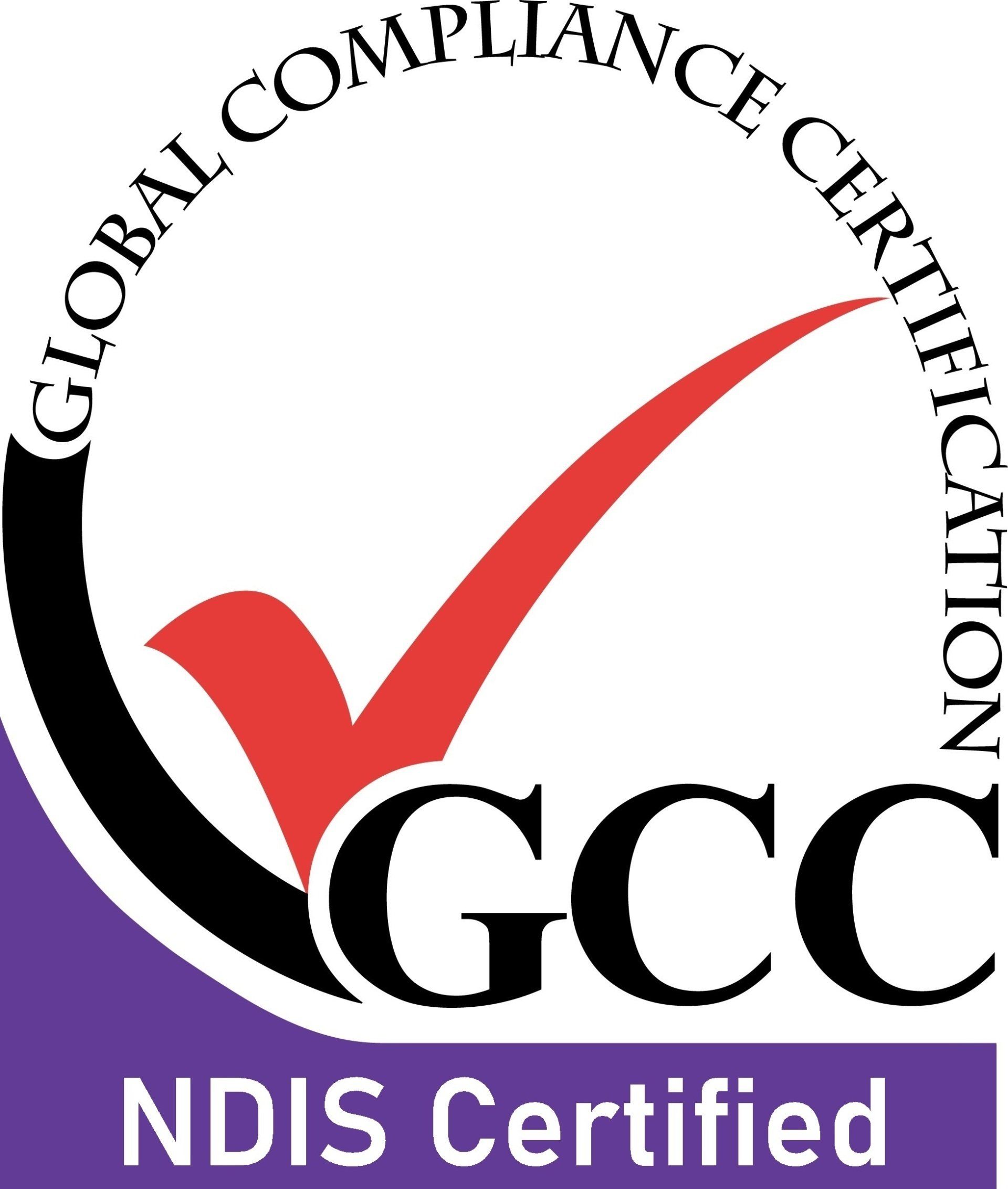NDIS & the ACCC - Consumer law and your rights as a participant
Many of you may be aware if you have an issue with a provider you can contact the NDIS Commission and have it dealt with that way, but did you know that your rights are also protected under Australian Consumer Law? Well, they are!
As a participant on the NDIS, you may be aware of the NDIS commission and the fact that if you have a problem with your providers, you can make a complaint to the commission. Did you know that you also come in under Australian consumer law and have rights that are the same as anybody else purchasing goods and services?
The majority of business know the importance of treating their customers fairly and ethically, especially if they are experiencing vulnerability.
The ACCC has been made aware that some providers are not doing the right thing and accordingly, have reached out to NDIS providers to remind them of their obligations under consumer law. As a registered provider, Ethical Caring Group is subject to Australian Consumer Law as well as the NDIS code of conduct.
Some conduct that is in breach of the consumer law may also lead to action being taken by the NDIS Commission against a provider under the NDIS Code of Conduct. For example, ‘sharp practices’ are considered unethical and are discouraged under the NDIS Code of Conduct and may also constitute conduct that is considered misleading and in contravention of the consumer law.
What are "Sharp Practices"?
‘Sharp practices’ refers to unfair treatment or taking advantage of people. Examples of this include:
- providing services or expending funds contrary to a person with disability’s approved plan
- asking for or accepting any additional fees for providing the service
- offering inducements or rewards that have no particular link to a person’s NDIS plan and that could be perceived to encourage people to take up or continue with their organisation or a particular service option,
- engaging in high-pressure sales tactics.
Consumer law imparts a set of protections and obligations into any consumer transaction within Australia, including those through the NDIS.
Consumer law says that when supplying goods or services in Australia, businesses must:
- not mislead or deceive consumers, this includes giving false information or not enough information
- provide a proof of transaction when requested
- not accept payment for goods or services if they are unsure of their ability to supply them
- not request payment for goods or services that the consumer has not agreed to buy,
- allow for a 10 day cooling off period for all unsolicited consumer agreements (agreements made when a business approaches the consumer such as door-to-door or telemarketing),
- providing documents and information about these rights.
Consumer law also requires that businesses provide goods or services that are of acceptable quality, fit for their purpose and match the description or sample provided to the consumer, these are called the consumer guarantees.
When consumer guarantees are not met consumers are entitled to a repair, replacement or refund, depending on the severity of the failure. If businesses do not comply with consumer law, they risk serious financial penalties, court ordered corrective actions and reputational costs. For example, conduct that breaches the consumer law can attract penalties per breach of up to $10 million. You can make a complaint to the ACCC if you believe a provider is in breach of consumer law.
NDIS Code of Conduct
The NDIS Code of Conduct promotes safe and ethical service delivery by setting out behavioural expectations for NDIS providers and those they employ.
The NDIS Code of Conduct applies to both registered and unregistered NDIS providers. Businesses that are registered NDIS providers, must comply with the NDIS Code of Conduct as a condition of their registration.
The NDIS Code of Conduct obliges providers, amongst other requirements, to act with honesty, integrity and transparency. Under this obligation, they should:
- supply truthful information about the capacity, qualifications, training and professional affiliations of your workforce,
- not state they can provide a specialised service when they are not legally able to do so
- not make false claims about the efficacy of any supports, services or products
- give clear advice about the full costs of the service or support and what the cost covers,
- not make claims about the efficacy of treatments or supports that cannot be substantiated independently.
If providers do not meet these obligations they may be breaching the consumer law, as well as risking serious penalties under the NDIS Act for a contravention of the NDIS Code of Conduct, such as financial penalties or having their registration revoked. Unregistered NDIS providers also risk these same penalties and being banned from providing disability supports and services to NDIS participants.
You can find further information about the ACCC and the NDIS Commission below:
ACCC: https://www.accc.gov.au/focus-areas/information-for/consumers-with-disability
NDIS Commission: https://www.ndiscommission.gov.au/
All Rights Reserved | Ethical Caring Group
Website designed by 🐷 Little Pig Consulting 🐷






